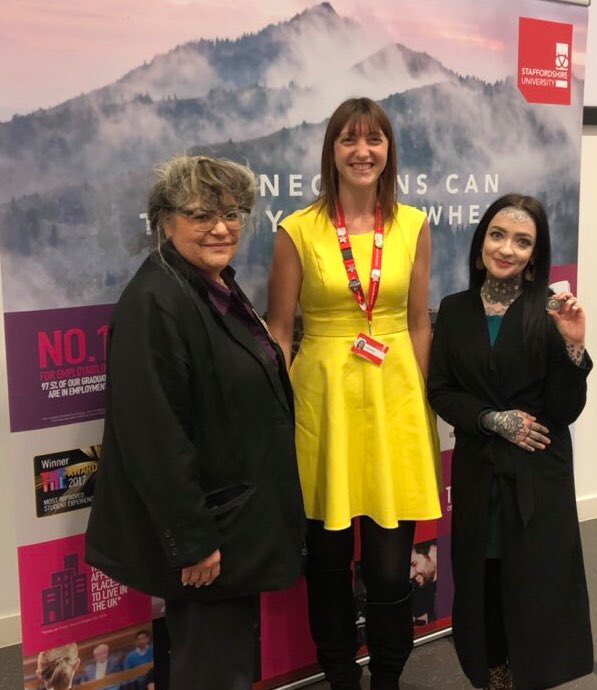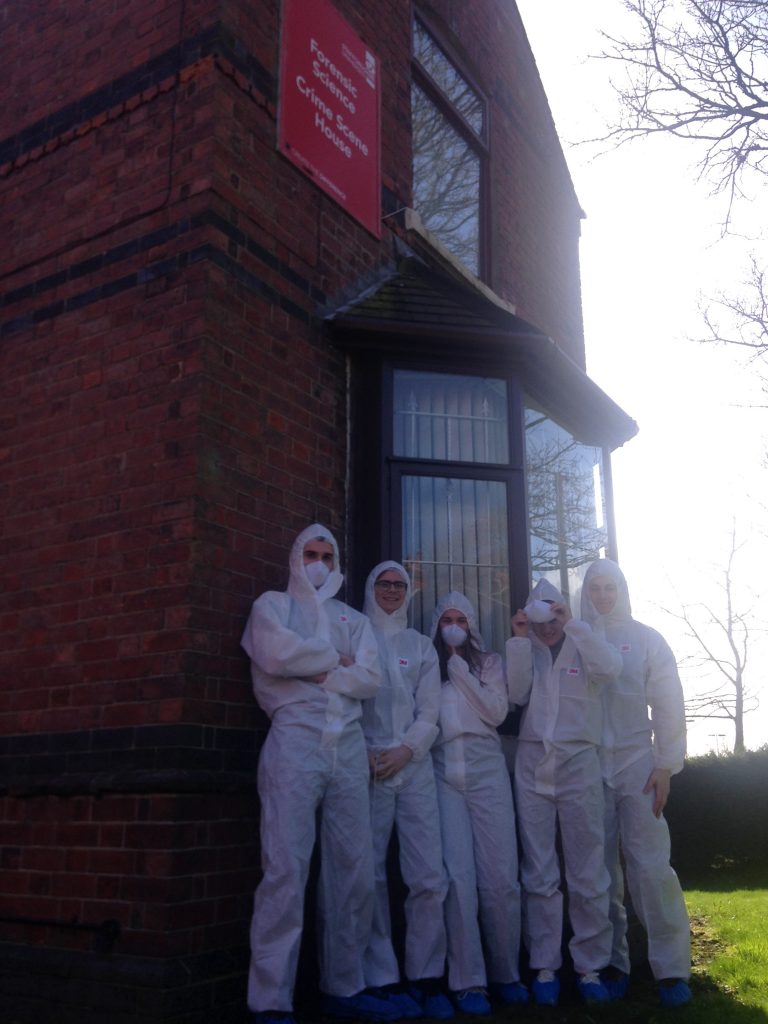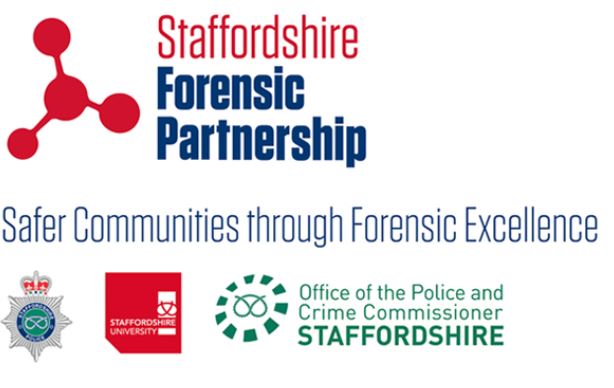Symon Dowell, an MSci Forensic Science student, tells us about his exciting placement in Germany.
In my final year of my Forensic Science MSci undergraduate degree it is a requirement to conduct a three-month placement. This can be in research, a work placement, or a mixture of the two, inside or outside of Staffordshire University. My placement, in ballistic imaging, is to develop a database for statistical modelling and forensic firearm identification. The placement will consist of using the ScannBi Evofinder to image fired test samples sent by firearm experts from all over the world.
In order to conduct my placement Dr Rachel Bolton-King and I travelled to Lübeck, Germany, to conduct training on the Evofinder, being taught by the company, ScannBi. A huge thank you to everyone at ScannBi but especially to Aleksandr Skvortsov for being an excellent trainer. The ScannBi Technology company was founded by a group of specialists in different fields to create an effective tool for ballistic expertise.

Miniaturised aerial view of Lübeck
The training started from the very basics of the Evofinder system teaching us how to use the system, and what every single icon does on the software and when we would need to use them. A cassette is used to hold the bullet or cartridge case in place and is inserted into the Evofinder. There are many different adaptors available to hold the samples in place and we were taught which component to use with different types of samples. We also got to have plenty of hands on practise with the Evofinder, imaging some samples which were in good condition with easily identifiable impressions to other samples with very little visible impressions or were just fragments of a bullet, which were interesting to image but required more skill with the equipment to image them properly.

This was my first experience of being taught outside the UK and working in a technology company environment. Although I was nervous, I was also very excited to learn about their technology and to be able to use it confidently and hopefully competently. It was very interesting listening and speaking to both the ScannBi owner, their employees and Rachel regarding ballistic examination around the world.
The training took place during normal working hours, 9am to 5pm, meaning all other time outside of this was ours. This allowed us to travel around the wonderfully colourful German Christmas markets, of which there were many, with a variety of different stalls, with the main theme of food, drink (some alcoholic of course!) or crafted objects, or a mixture of the three. Every lunchtime we would walk to the same café which served some amazing food, and, in the evenings, we would dine on food from the Christmas markets. Except, after the first day of training the ScannBi Company kindly invited us out for a very delicious meal.

Conducting this training has not only given me the skills to be able to use the Evofinder competently but has given me the confidence to be able to travel to a new environment and be taught by professionals, learning new information, developing existing and new skills.
‘The ScannBi Technology company was founded by a group of specialists in different fields to create an effective tool for ballistic expertise.’
I chose to apply for this work placement with Rachel because I wanted to do something that would be fun and interesting, and I did not have a clear idea as to what I want to do after my university degree. Therefore, I decided to go for an area where I have little experience in. The requirements for this placement were to have good attention to detail and to be able to carry out repetitive work sticking to operational guidelines, but it was not necessary to have a vast knowledge of ballistic examination.
The alternative option
for conducting this training would have been for Rachel to attend the training alone and to teach me at the start of my placement in January. This would have given me a free week back in December to go on holiday, relax and enjoy the start of the Christmas break not conducting any work. However, this was never an option for me, I wanted the experience of traveling to a new country and to learn new information. I am glad I went to Germany, as I thoroughly enjoyed every minute of the trip and would recommend to anyone else in this situation to conduct the training first-hand instead of the alternative.
My advice to anyone who is currently on the Forensic Science/Investigation MSci course or anyone looking at changing to the MSci course or doing a placement year apply for something different, potentially out of your comfort zone as you may never of thought of doing that area in the future but after doing your placement that’s exactly what you could be doing. Also, like myself, you may get the chance to travel abroad and receive training, or conduct research, and add a new experience to your CV.











































 Mica Tolosa-Wright,
Mica Tolosa-Wright, 